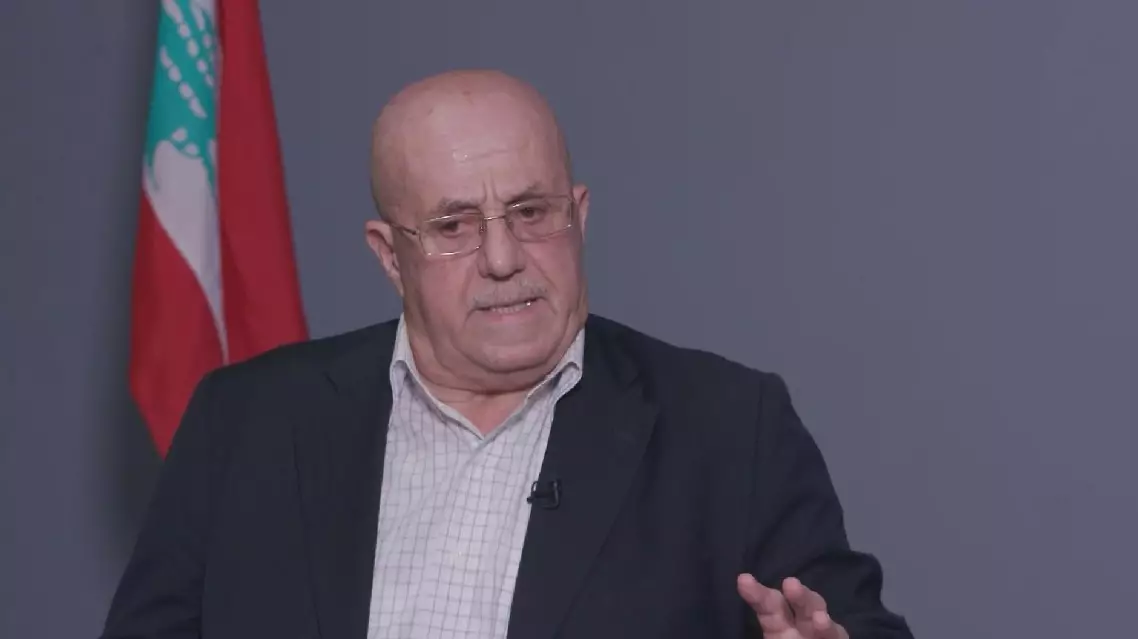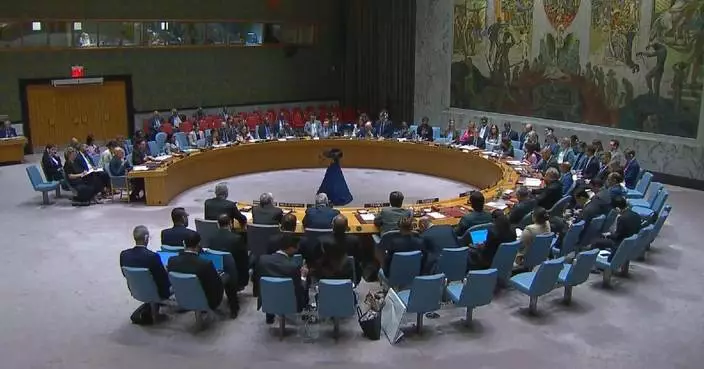The Israeli airstrike on the southern suburbs of the Lebanese capital Beirut on Friday may be the prelude to a major ground military operation, which will likely escalate regional tensions as long as Israel has U.S. support, according to experts.
Lebanon's Hezbollah on Friday night mourned the acting commander of its Elite Radwan Force, Ibrahim Akil, who was killed earlier in the day by an Israeli airstrike on Beirut's southern suburbs.
The local MTV channel reported earlier that the whole command committee of the Elite Radwan Force was meeting in the building that was targeted by the Israeli airstrike.
Meanwhile, the widespread and simultaneous explosions of communications devices across Lebanon on Tuesday and Wednesday have caused at least 39 deaths and nearly 3,000 injuries, the Lebanese Health Ministry said.
The Lebanese government and Hezbollah accused Israel of being behind the bombing, and Israel has not publicly responded.
In a statement on Tuesday, Hezbollah accused Israel of being "fully responsible for the criminal aggression that also targeted civilians", while Israeli Defense Minister Yoav Gallant announced the following day that Israel is at "the beginning of a new stage of the war" against Hezbollah.
Commenting on the escalating tensions in the Middle East, Chinese military observer Wei Dongxu said Israel may amass more manpower and firepower for a serious conflict with Lebanon's Hezbollah.
"Israel has combined different tactics to strike Hezbollah targets in Lebanon, with the aim to minimize the group's capabilities to launch attacks while maximizing the damage to its command structure and organizational system. We can't rule out the possibility that this is the prelude to a major Israeli ground military operation or the possibility that this is a continuation of its military operation in the Gaza Strip. In other words, now that Israel believes its major operations in Gaza are over, it can muster more troops and use more firepower to engage in a fierce military conflict with its old foe, Hezbollah in Lebanon," said Wei.
Saeed Khan, an associate professor of Near East and Asian Studies at the Wayne State University in the United States, said the U.S. deployment of warships in the region to show solidarity with Israel has complicated the situation, making it far more dangerous than it seems.
"This is not just about Israel and Lebanon or even more specifically, Hezbollah. The fact that there are American warships that are deployed, the fact that the United States is demonstrating its solidarity with Israel - irrespective of the kinds of actions and the missions that the Israeli defense forces are taking up - is making this far more dangerous than just seemingly a conflict between two neighboring countries in the region," Khan said.
He noted that Israeli public opinion on Prime Minister Benjamin Netanyahu is quite negative, as evidenced by the endless protests that have erupted in the streets of Tel Aviv almost every night.
Therefore, Netanyahu is trying to intensify and broaden the regional conflict as a political ploy to maintain his position, according to Khan.
"There is a growing sentiment in Israel and elsewhere that the escalation and the intensification and the broadening of this conflict is really more of a cynical political ploy by Prime Minister Netanyahu. And perhaps unfortunately, as long as Netanyahu feels as though he's got political viability, particularly with American support, I'm afraid that this may continue and even escalate further," he added.

Experts warn of growing regional tensions following Israeli airstrike on southern Beirut

Experts warn of growing regional tensions following Israeli airstrike on southern Beirut









